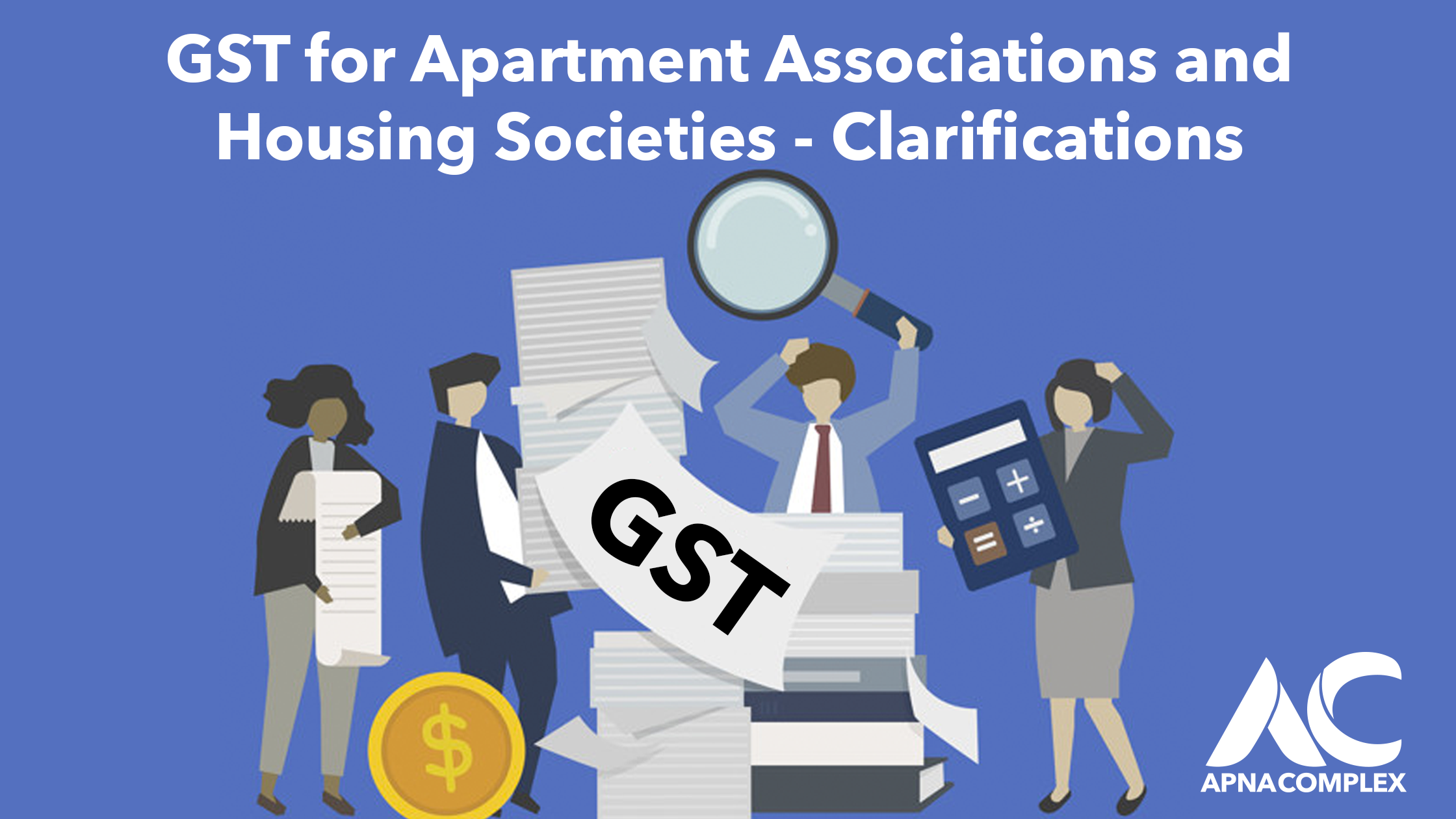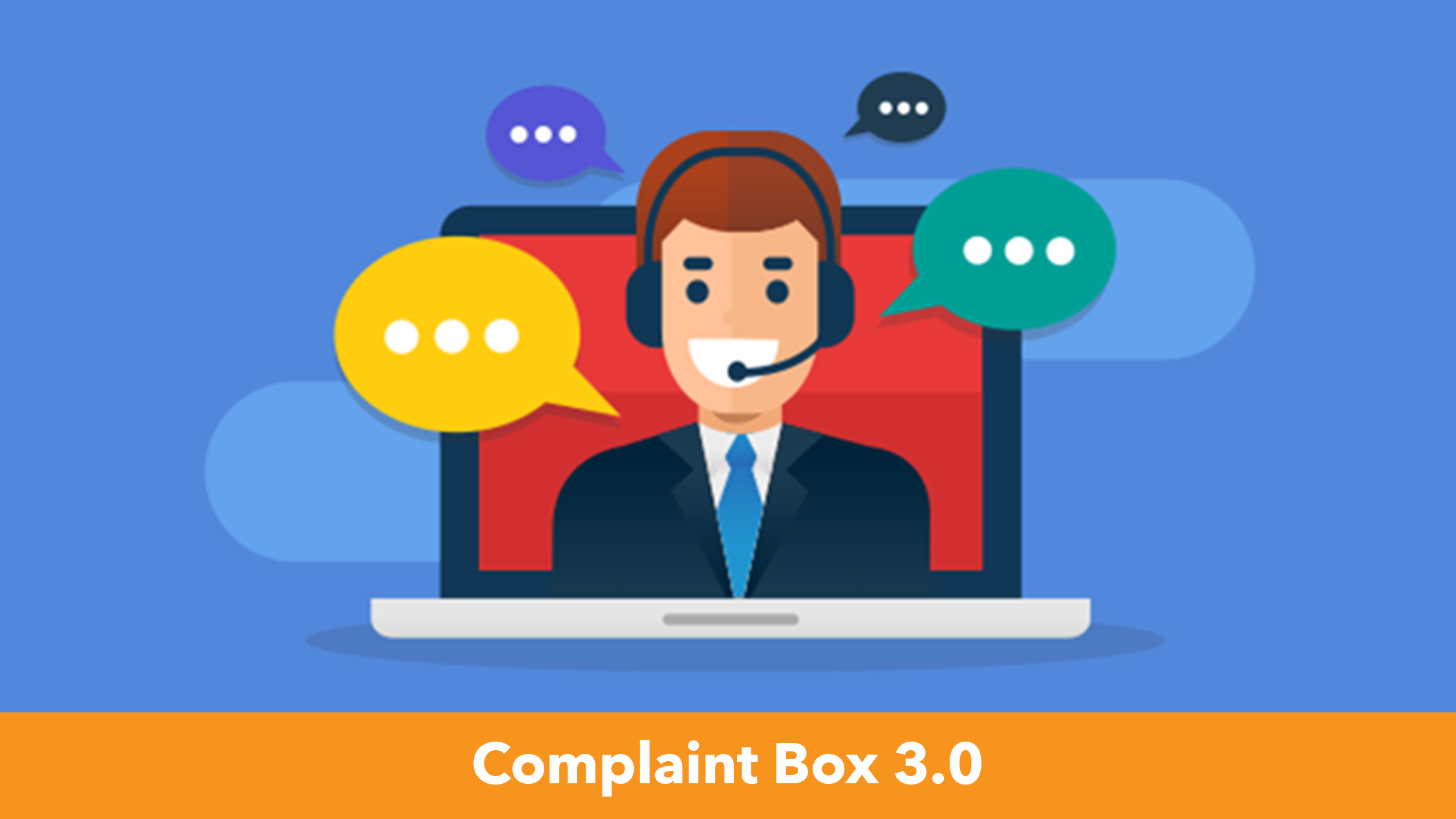28
Jul, 2019
GST for Apartment Associations and Housing Societies – Clarifications
Apartment, Apartment Accounting Software, Apartment Association Acts, Apartment Management, Apartment Management Software, Apartment Owners Association, Bangalore, Chennai, Financial, GST, Housing Society Software, Hyderabad, Legal, Maintenance Charges, Pune, Society Accounting Software, Society Billing Software
8
Mar, 2019
Women’s Day Special: Exclusive interview with Super Women at ApnaComplex
Apartment, Apartment Accounting Software, Apartment Association Acts, Apartment Management Software, Apartment Owners Association, Apartment Secuirty, Bangalore, Chennai, Community Living, Facility Management, Federation Management Software, Gatekeeper, Housing Society Software, Hyderabad, Pune, Smart Society, Society Accounting Software, Society Billing Software, Software
16
Feb, 2019
7 Powerful Guidelines for Cash Locker and Almirah placement that you should apply Now!
Apartment, Apartment Accounting Software, Apartment Association Acts, Apartment Management, Apartment Management Software, Apartment Owners Association, Bangalore, Chennai, Facility Management, Federation Management Software, Housing Society, Housing Society Software, Hyderabad, Pune, Smart Living Tips, Smart Society, Society Accounting Software, Society Billing Software
13
Feb, 2019
Smart Vastu tips to retain money
Apartment, Apartment Accounting Software, Apartment Association Acts, Apartment Management, Apartment Management Software, Apartment Owners Association, Bangalore, Chennai, Facility Management, Hyderabad, Pune, Society Accounting Software, Society Billing Software
8
Feb, 2019
15 Unlucky things you should never keep at home
Apartment, Apartment Accounting Software, Apartment Management, Apartment Management Software, Apartment Owners Association, Bangalore, Chennai, Facility Management, Federation Management Software, Hyderabad, Pune, Society Accounting Software, Society Billing Software
9
Jan, 2019







